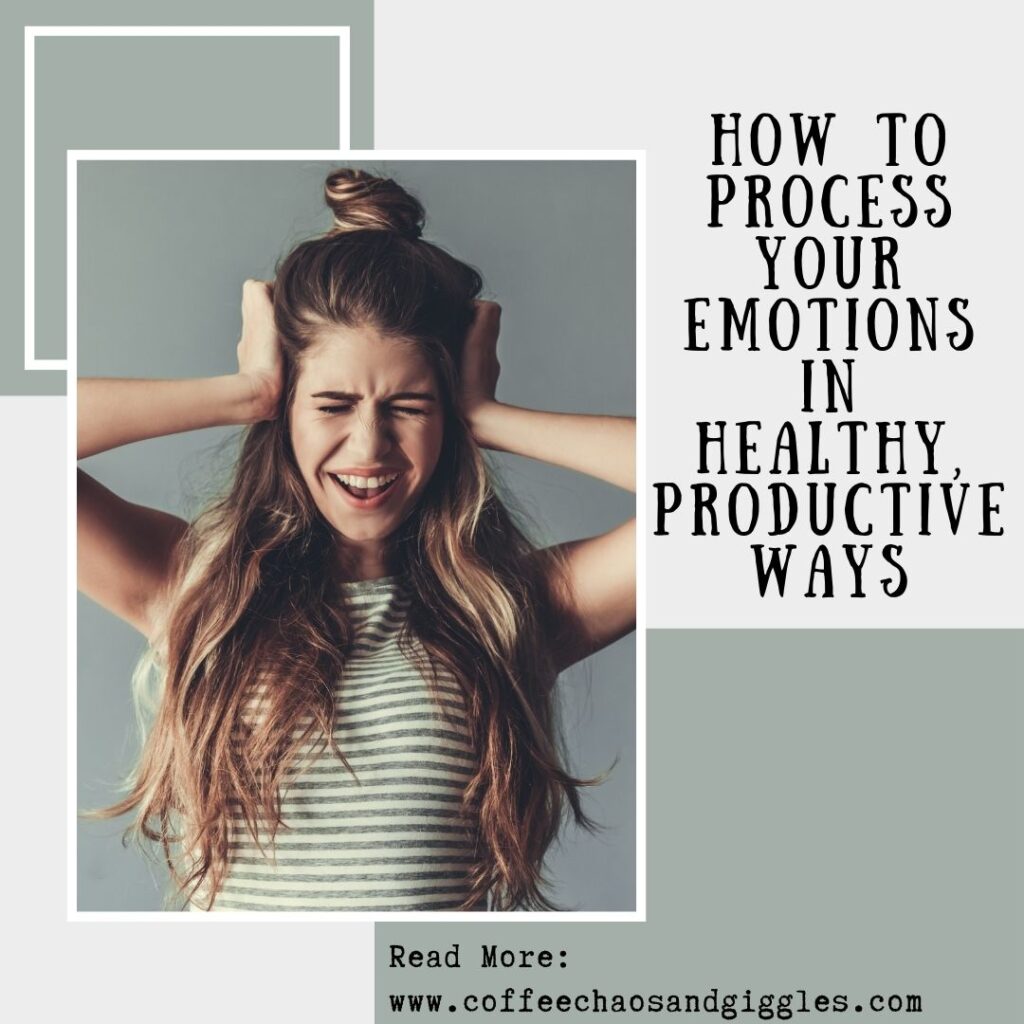How to Process Your Emotions in Healthy, Productive Ways
In the fast-paced world we live in, processing our emotions can often take a back seat to our daily responsibilities. However, understanding and managing our emotions is crucial for our mental well-being and overall happiness. Here are some strategies to help you process your emotions in healthy, productive ways.

1. Acknowledge and Accept Your Emotions
The first step in processing your emotions is acknowledging them. Ignoring or suppressing feelings can lead to greater emotional turmoil over time. Give yourself permission to feel whatever emotions arise without judgment. Understand that it’s okay to feel sad, angry, anxious, or happy. These emotions are part of the human experience.
2. Identify and Label Your Emotions
Once you’ve acknowledged your emotions, try to identify and label them. Are you feeling anxious, frustrated, or joyful? Naming your emotions can help you gain a clearer understanding of what you’re experiencing, making it easier to address them.
3. Practice Mindfulness and Meditation
Mindfulness and meditation can be powerful tools in managing emotions. These practices encourage you to stay present and observe your thoughts and feelings without getting caught up in them. Regular mindfulness practice can help you become more aware of your emotional responses and develop a calmer, more balanced approach to handling them.
4. Express Your Emotions
Find healthy ways to express your emotions. This could be through talking to a trusted friend or family member, writing in a journal, or engaging in creative activities like drawing or playing music. Expressing your emotions helps release the built-up tension and provides an outlet for your feelings.
5. Engage in Physical Activity
Physical activity is a great way to process emotions. Exercise releases endorphins, which are natural mood lifters. Whether it’s a vigorous workout, a brisk walk, yoga, or dancing, moving your body can help you manage stress and improve your emotional state.
6. Develop Problem-Solving Skills
Sometimes, emotions are triggered by specific problems or situations. Developing good problem-solving skills can help you address the root causes of your emotions. Break down the issue into manageable parts, brainstorm possible solutions, and take actionable steps to resolve it. This proactive approach can reduce feelings of helplessness and frustration.
7. Practice Self-Compassion
Be kind to yourself. Self-compassion involves treating yourself with the same kindness and understanding that you would offer to a friend. When you’re struggling with difficult emotions, remind yourself that it’s okay to feel this way and that you’re doing the best you can. This gentle approach can help alleviate negative self-judgment and promote emotional healing.
8. Set Boundaries
Establishing boundaries is essential for emotional well-being. Learn to say no to things that drain your energy or cause unnecessary stress. Setting boundaries protects your emotional space and allows you to focus on what truly matters to you.
9. Seek Professional Help if Needed
If you find it challenging to manage your emotions on your own, don’t hesitate to seek professional help. A therapist or counselor can provide support, guidance, and strategies tailored to your specific needs. Professional help can be invaluable in navigating complex emotional landscapes.
10. Reflect and Learn
Take time to reflect on your emotional experiences. What triggered certain emotions? How did you respond? What worked well, and what didn’t? Learning from your emotional experiences can help you develop better coping strategies and a deeper understanding of yourself.

Processing your emotions in healthy, productive ways is essential for maintaining mental and emotional well-being. By acknowledging and accepting your feelings, practicing mindfulness, expressing your emotions, engaging in physical activity, developing problem-solving skills, practicing self-compassion, setting boundaries, seeking professional help when needed, and reflecting on your experiences, you can navigate your emotional world with greater ease and resilience. Remember, emotions are a natural part of life, and learning to manage them effectively is a journey worth undertaking.





